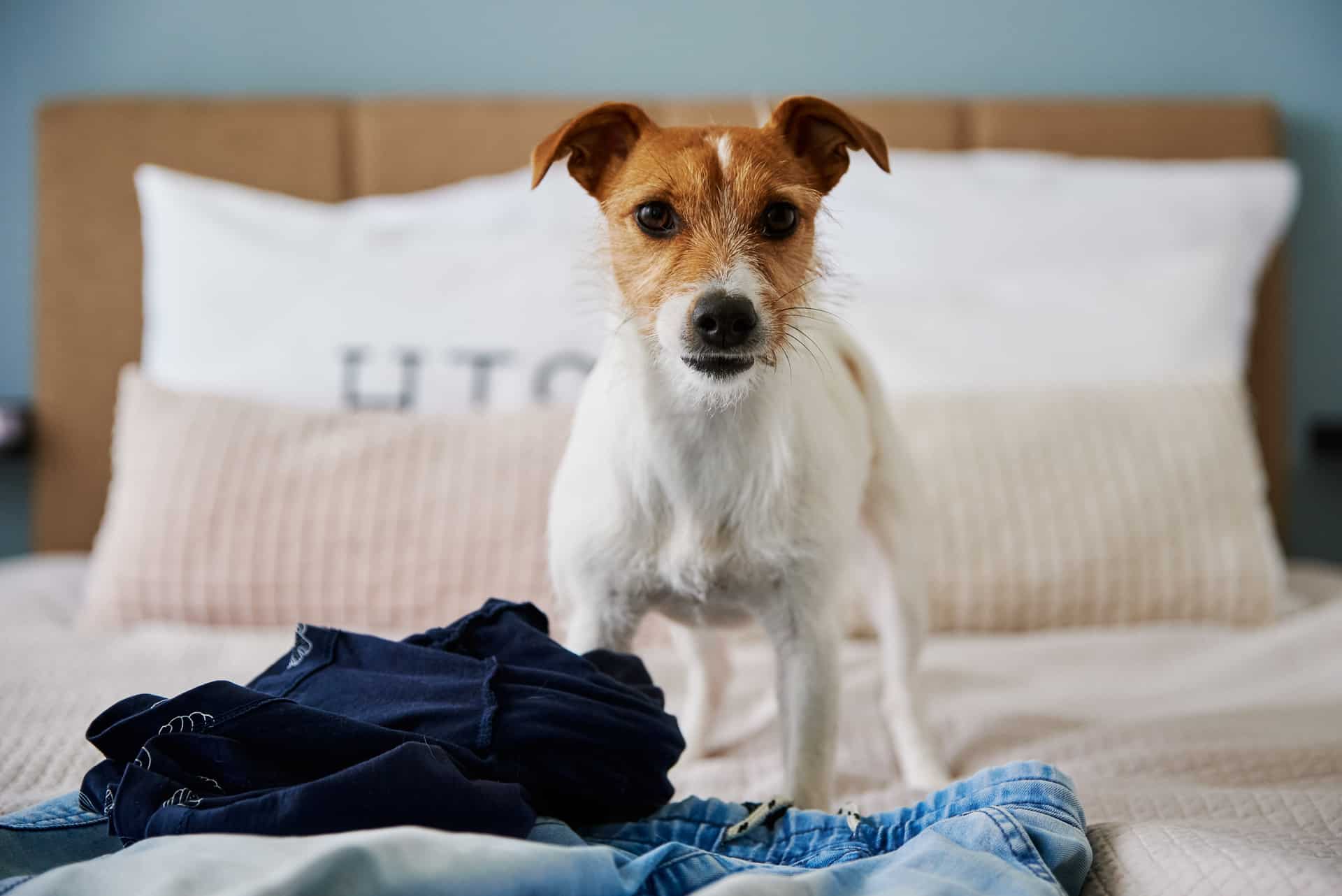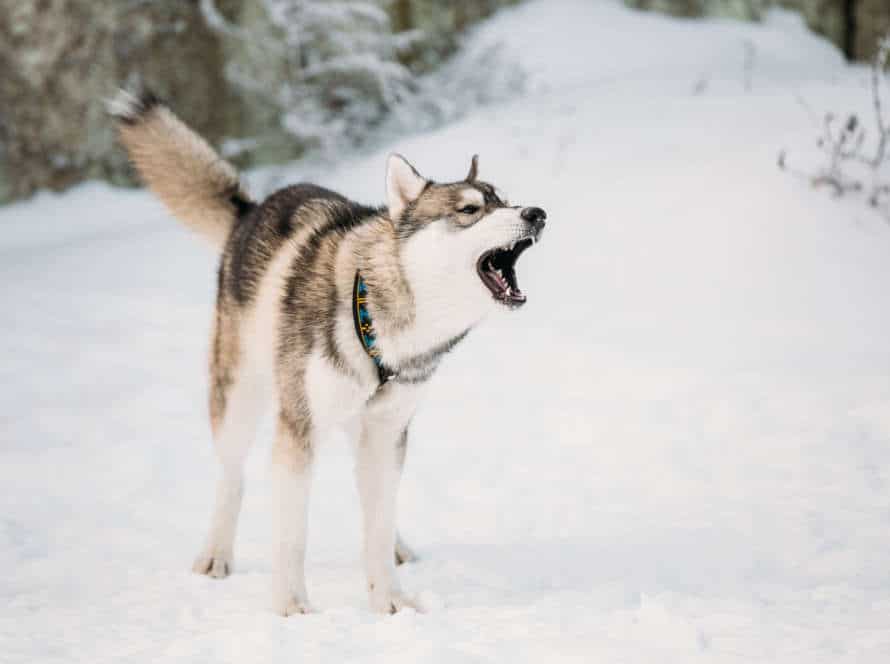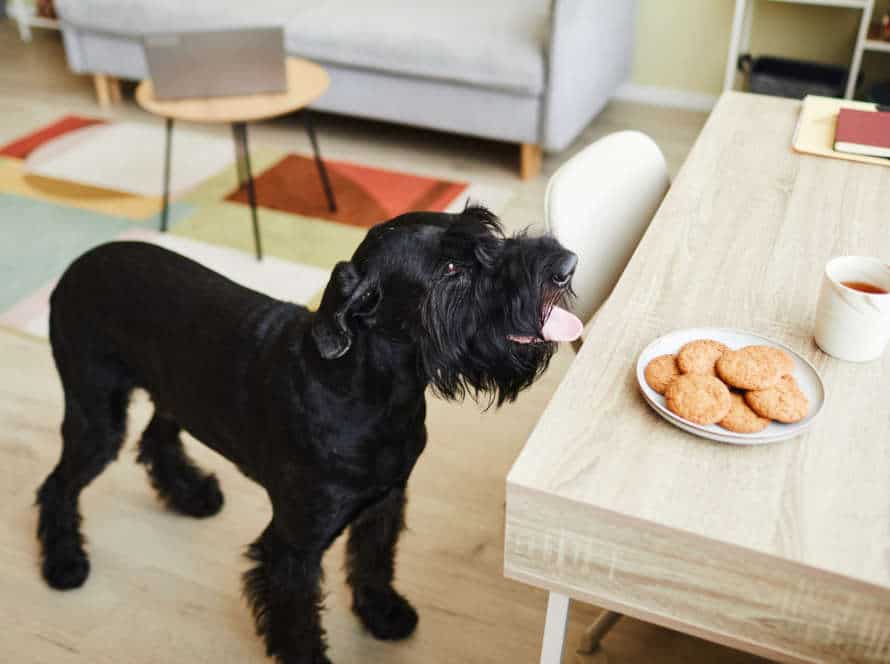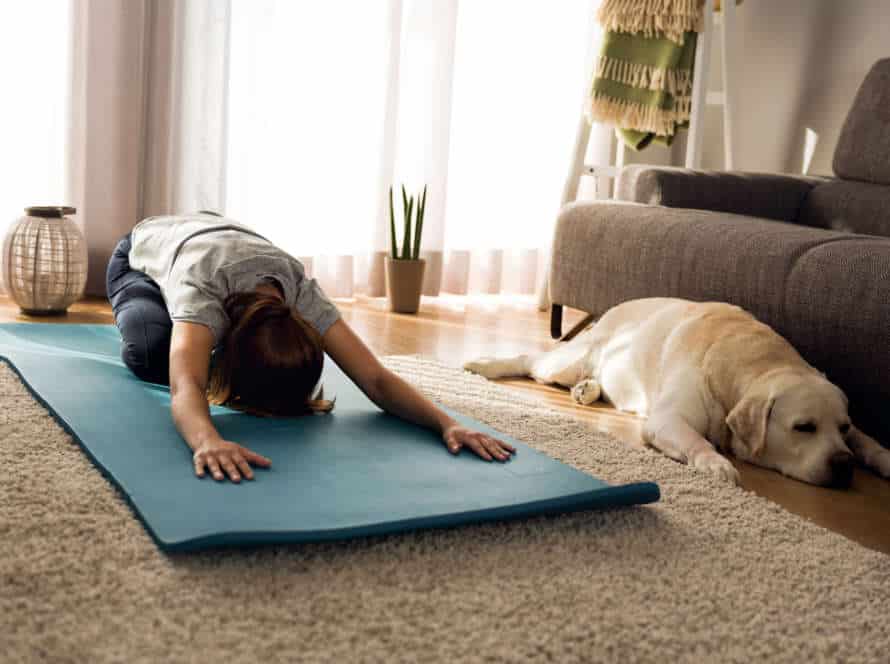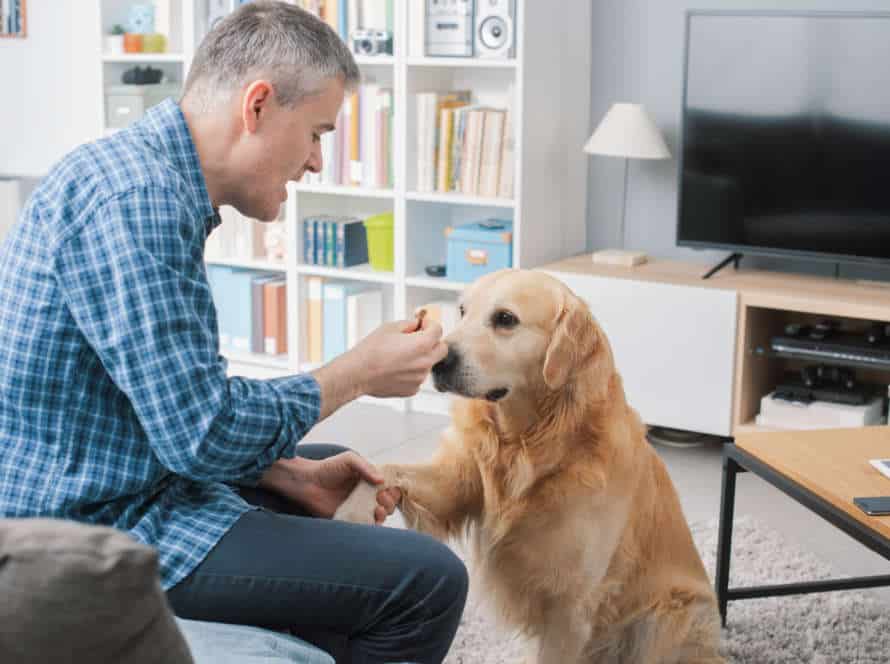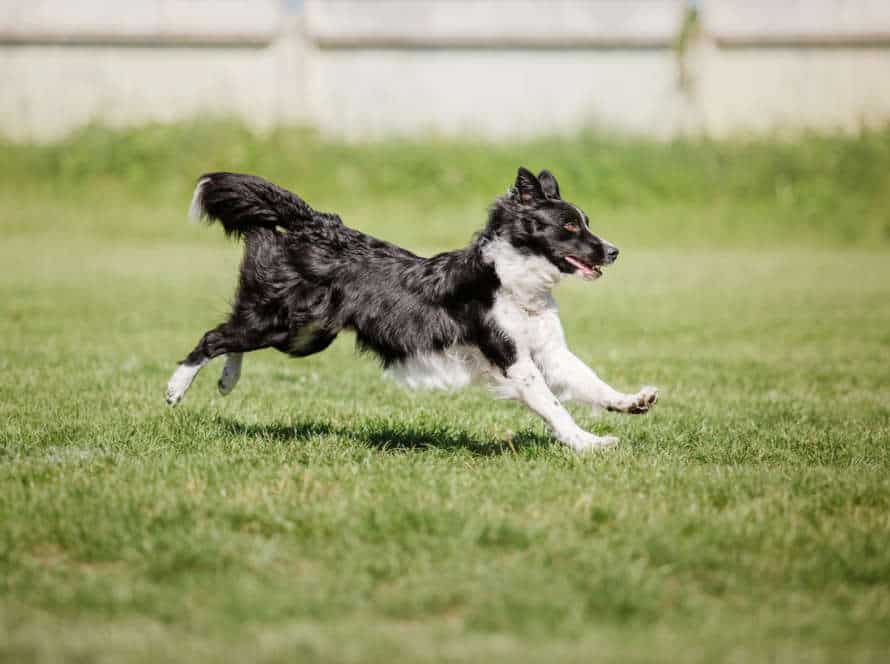How to Address Early Signs of Aggression in Puppies
Puppy aggression can be worrisome for many pet owners. Here’s what you can do to nip it in the bud:
- Socialize your pup! Give them chances to meet new people, animals, environments, and experiences. This way, they’ll feel less scared or anxious.
- Utilize positive reinforcement training. Reward the good and avoid rewarding the bad. Teach them basic commands and focus on redirecting their attention when they display aggressive behavior.
- Consult a professional. Talk to a vet or animal behaviorist for advice and tips tailored to your pup’s needs.
It’s vital to address puppy aggression early to forestall it from becoming a habit. Keep your pup’s well-being and the safety of others as your top priority.
Pro tip: Early intervention is the best way to handle aggression in puppies. Don’t wait until it gets serious before you take action!
Understanding Puppy Aggression
Grasping pup aggression is vital to dealing with it correctly. Being aware of the early warning signs of aggression in pups can help spot and take care of the underlying reasons before they turn into more serious troubles.
In this post, we’ll talk about what puppy aggression is, the varied kinds of aggression that puppies can display, the markers to watch out for, and how to successfully treat puppy aggression.
Types of Aggression in Puppies
Puppy aggression comes in numerous forms. It’s key to figure out what type it is, so it doesn’t become a major issue. Some common types are:
- Fear-based aggression – caused by fear, stress, and anxiety – triggered by people, animals, objects, or noises.
- Territorial aggression – when someone or something invades a pup’s space.
- Possession aggression – stemming from trying to protect toys, food, or other belongings.
- Redirected aggression – when a pup can’t attack the target it wants to, so it attacks a nearby human or animal instead.
The earlier you can identify the type of aggression and its triggers, the sooner you can take the necessary action to train, socialize, and get expert help.
Common Causes of Puppy Aggression
Puppies may appear friendly and playful, but they can show aggression too. Here are some common causes and how to address them.
Fear: If they feel scared, they may react aggressively. Address this by avoiding the fear-inducing factor and slowly desensitizing them.
Possessiveness: Aggression might happen when they feel their resources are threatened. Prevent this by not taking away their toys during playtime.
Territoriality: They may become overprotective of their territory. Train them to recognize and trust non-threatening visitors.
Pain or discomfort: If in pain or discomfort, puppies may become aggressive. Get them to the vet immediately for diagnosis and treatment.
Address early signs of aggression such as growling or biting, to avoid more serious problems.
Signs of Puppy Aggression to Look Out For
Puppies are super-lovable and playful. But, they can be aggressive too. It’s important to catch the early signs of aggression. Here are some common signs:
- Growling or snarling.
- Biting and nipping too much.
- Lifting the lip to show teeth.
- Stiff body posture and direct stare.
- Tail held high and rigid.
If you notice any of these signs, act fast! Ignoring could lead to bigger problems. Proper training and supervision can help prevent aggressive behaviors.
Pro Tip: Consult with a professional dog trainer or behaviorist. They can give you guidance and help plan out the best training for your pup.
Addressing Aggression through Training
Aggression in puppies is a major worry! We must act quickly. The best way is to train them. Use a consistent reward-based system. Manage the puppy’s environment. Learn when to intervene with corrective training. Let’s take a closer look at how to tackle early signs of aggression in puppies through training.
- Use a consistent reward-based system: Positive reinforcement is key to training your puppy. Reward good behavior with treats and praise.
- Manage the puppy’s environment: Keep your puppy in a safe and secure area, away from potential triggers of aggression.
- Learn when to intervene with corrective training: If your puppy shows signs of aggression, such as growling or biting, intervene immediately with corrective training such as a firm “no” and redirection to an appropriate behavior.
Structured Playtime and Socialization for Puppies
Structured playtime and socializing are vital for pups to grow into well-socialized dogs and keep aggression away. As a pet owner, it’s important to take early signs of aggression in your pup seriously, to avoid more serious issues in the future. Here are tips to help:
- No rough play and physical punishment
- Get your pup used to humans and other canines early on
- Give them structured playtime to work their mind and body
- Use positive reinforcement in training to teach your pup desirable behaviors
- If needed, seek professional help from a vet or dog trainer.
Patience, consistency and positive reinforcement is key when addressing behavioral issues in puppies.
Positive Reinforcement Training for Aggressive Puppies
Aggression in pups is common. If not tackled early, it can cause more aggressive behaviour. Positive reinforcement training is a great way to train and reduce aggressive behaviour. Here are tips for using this training:
- Reward good behaviour. Praise and rewards, such as treats or toys, reinforce good behaviour.
- Redirect bad behaviour. Don’t punish; instead, redirect by offering an alternative like a toy or treat.
- Be consistent. Set boundaries, reward good behaviour, and redirect bad behaviour consistently.
- Seek help. If aggression persists, get help from a trainer or animal behaviourist. They can provide guidance and training to help correct the behaviour.
Remember, positive reinforcement training is effective. Pro tip: Show patience and stay consistent with training – you’ll get positive results.
Methods to Deter Aggression and Encourage Good Behavior
Managing aggression in puppies is essential. It can worsen if neglected. To help control and reward positive behavior, try these techniques:
- Positive Reinforcement – Give treats, toys, or verbal praise when your pup acts in a good way.
- Socialization – Gradually let your puppy get used to different people, animals, and places. This needs constant patience and persistence.
- Time-Outs – When your puppy shows a hint of aggression, take them away from the situation and put them in a separate area for some time.
- Consistency – Set laws and stick to them. This will let your puppy understand what is expected from them.
- Getting Professional Assistance – If your pup’s aggression still doesn’t improve, find an experienced trainer or behaviorist to get advice.
Tip: Observe your pup’s body language. This can help you recognize any early signs of aggression and prevent it.
Dealing with Aggression in Specific Situations
Puppy aggression is a learning process! We must teach them what behaviors are okay, and which aren’t. Let’s look at strategies for dealing with aggression in certain situations.
Aggression Towards Owners
Aggression from dogs towards owners can cause dangerous situations. It’s a must to address aggression in pups before it gets worse. Here are the steps:
- Introduce your pup to different people and places as young as possible.
- Set consistent rules, and stick to them.
- Use positive reinforcement for good behavior, and not physical punishment.
- Ask for professional help from a dog trainer or behaviorist if the aggression doesn’t stop.
By recognizing signs of aggression early and training your pup, you can avoid unpleasant situations and have a great relationship with your pet.
Aggression Towards Other Dogs
It’s vital to address aggressive behaviour in dogs early, to protect your pup and others. Here’s how to handle aggression in particular situations, plus how to spot warning signs of aggression in puppies:
- Feeding time – Feed your dogs separately to guard against food-related aggression.
- Out and about – Keep your dog on a lead and away from other pooches, if they have been aggressive in the past.
- Socialisation – Get your pup used to other animals right away. If they show aggression, get advice from a professional trainer or behaviourist on how to properly socialise them.
- Rewards – Use treats and praise to reward good behaviour and reduce aggression.
It’s important to remember that aggression is a major problem, so seek help from a specialist if needed.
Aggression Towards Strangers
Dealing with aggression in pups is essential. To prevent it becoming a bigger problem, address early signs of aggression. Here are some tips:
- Socialize – Take pup to meet new people, animals, and places.
- Positive reinforcement – Reward good behaviour with treats, praise, and love.
- Identify triggers – Once known, work on counter-conditioning pup’s response.
- Seek professional help – If aggression is present, talk to vets or dog behaviourists. It’s essential to address the issue.
Seeking Professional Help for Aggressive Puppies
Puppies that show aggressive behaviour need help from a pro. If not treated, this can cause worse issues as they grow older. It’s best to get a specialist to figure out why they’re aggressive and how to tackle it. Here, we’ll look at the kinds of experts who can help with puppy aggression.
When to Consider a Professional Trainer or Behaviorist
It’s your duty as a pet owner to make sure your pup is obedient and socialized. But, sometimes professional help is needed to tackle aggression. Here are some signs you could think about consulting an experienced trainer or behaviorist:
- Your puppy barks, snarls, or bites when around people or other animals.
- Your pup shows signs of being scared or anxious, like shaking, hiding, or crouching.
- Your pup has destructive habits like biting on furniture or shoes.
- Your efforts at training aren’t working to stop aggressive behavior.
A pro trainer or behaviorist can uncover the cause of the aggression and develop a plan that fits your pup’s personality and lifestyle. Seeking assistance early can stop aggression from getting too serious. Though training your puppy costs time and money, it’s worth it for both of you.
How to Find a Qualified Professional
If you notice early signs of aggression in your puppy, it’s essential to get help from an experienced expert. Here’s how to find the right one:
- Ask your vet or other pet owners for referrals.
- Check for professional certifications and experience in dog behavior and training.
- See if the trainer’s methods match your values.
- Find out their success rate in dealing with aggressive puppies.
- Make sure they provide ongoing support and follow-up sessions.
- Ask questions and make sure you feel confident in their ability to help.
- Pro tip: Deal with aggression issues in puppies as soon as possible before they worsen.
What to Expect from Professional Help in Addressing Puppy Aggression
Searching for aid for your energetic pup? Expect a personalized training program plus one-on-one sessions with an experienced dog behaviorist.
A pro will likely evaluate your puppy’s behavior and health, then make a personal plan based on their needs and triggers.
Common methods used by specialist canine trainers could be positive reinforcement, desensitization, counter-conditioning and changing your pup’s attention to other behaviors.
It’s critical to stick to the suggested training plan, go to the training meetings, and always encourage good behavior at home to get the wanted outcomes.
Pro Tip: Being regular is the key to training your puppy!
Frequently Asked Questions
Q: What are the early signs of aggression in puppies?
A: Early signs of aggression in puppies may include growling or showing teeth, biting, snapping, lunging, raised hackles, and intense staring.
Q: What causes aggression in puppies?
A: Aggression in puppies can stem from a variety of factors, including fear, lack of socialization, genetic predisposition, or learned behavior from their environment.
Q: How can I prevent aggression in my puppy?
A: Preventing aggression in puppies involves socialization, positive reinforcement training, setting boundaries, and seeking professional help if necessary.
Q: What should I do if my puppy displays early signs of aggression?
A: If your puppy displays early signs of aggression, it is important to redirect their behavior, establish clear rules, and seek professional help if the behavior persists.
Q: How can I train my puppy to be less aggressive?
A: Training a puppy to be less aggressive involves positive reinforcement training, establishing boundaries, and socializing them with other dogs and people.
Q: Can aggression in puppies be cured?
A: Aggression in puppies can be treated successfully through proper training, socialization, and seeking the help of a professional behaviorist if necessary.

